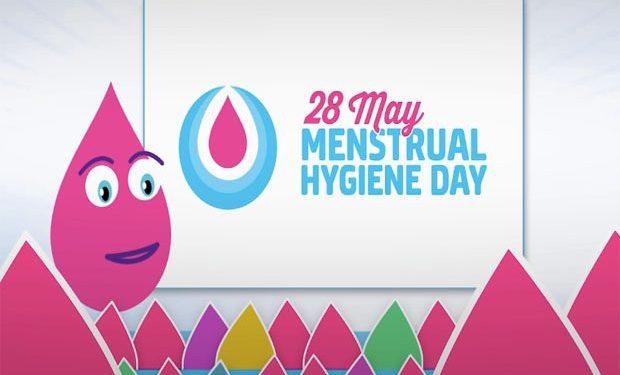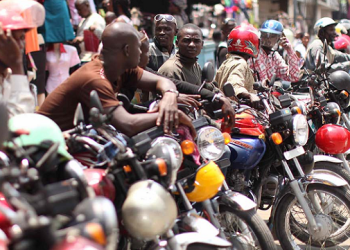The Ghana Education Service (GES) is calling for intense advocacy for the implementation of a set of policies that will promote Menstrual Hygiene Management, as the world marks Menstrual Hygiene Day today [Thursday, 28th May, 2020.]
GES in a statement said the “continuous education targeting girls, boys and parents” as well as “provision of toilet facilities which are gender friendly with changing rooms” among others are relevant in promoting menstrual hygiene.
GES also emphasized the need for advocacy for more “favourable conditions for the many women and girls in Ghana without access to basic information on menstrual hygiene management, dignified toilets, safe water and safe sanitary hygiene materials.”
Menstrual Hygiene Day is marked every year to emphasize the importance of good menstrual hygiene management.
It was introduced by the German-based NGO WASH United in 2014 and seeks to benefit women and girls worldwide.
READ MORE: Do parliamentarians owe Ghanaians a duty to reveal their COVID-19 status?
2020 Menstrual Hygiene Day Commemoration
Accra, 28th May 2020 -Today is Menstrual Hygiene Day (28 May). It is a day to celebrate women and girls, to discuss menstruation, and to advocate for more favourable conditions for the many women and girls in Ghana without access to basic information on menstrual hygiene management, dignified toilets, safe water and safe sanitary hygiene materials.
The theme for this year is “It’s Time for Action’.
This year’s celebration takes place in the context of the coronavirus (COVID-19) pandemic – a health crisis which has thrown a spotlight on the importance of adequate water, sanitation and hygiene.
According to the Multiple Indicator Cluster Survey 2017/2018, (MICS 2017/18) in Ghana, fewer than one in two (48.5 %) of households have handwashing facilities with water and soap and one in three women do not have access to a toilet during menstruation. Many did not have access to sanitary products and managed their menses using unhygienic items like newspaper or leaves.
The economic and other social factors of COVID-19, including potential loss or reduction in family income, coupled with school closures and increase in cost of commodities may result in many adolescent girls and women having less ability to afford or access relevant sanitary materials.
In addition, the closure of schools may lead to fewer girls and boys having basic information in relation to menstrual hygiene management.
There is a need to continue advocacy on the following:
Continuous education targeting girls, boy and the parents
Provision of toilet facilities which are gender friendly with changing rooms
Easy accessibility to menstrual hygiene products, even during the COVID-19 pandemic
Demystification of myths and taboos connected with menstruation.
2020 Menstrual Hygiene Event
This year’s Menstrual Hygiene Day is being commemorated via social media, radio and television broadcasts.
Activities include the following:
Webinar Seminar for the commemoration on the 28th May, 2020 from 9:30am-11:00ambroadcast online. The 90-minute event will include a keynote address delivered by the Hon. Minister of Education. Speakers and panelists from the Ghana Health Service, Ministry of Sanitation and Water Resources, Ghana Education Service, UNICEF, CONIWAS and other Development Partners.
Short films of well-known personalities from all sectors – including government ministers, religious and traditional leaders, adolescents and broadcasters – celebrating Menstrual Hygiene Day
Media interviews with representatives of the National Technical Committee on Menstrual Hygiene Management.
Social media influencer endorsement
Discussions on MHM on GTV Adult education programme as post MH Day activity
A post-activity will be conducted by SHEP Coordinators at the Regional and District level
We are grateful to the National Technical Committee on MHM as well as those who coordinated the programme from Ministry of Education / Ghana Education Service, Ministry of Gender, Children and Social Protection, the Ministry of Health / Ghana Health Service, the Ministry of Sanitation and Water Resources. Other partners include UNICEF, Greater Accra Metropolitan/Municipal Area (GAMA)Sanitation and Water Project, World Bank, World Vision Ghana, WaterAid Ghana, Days for Girls, Global Communities and USAID and Coalition of NGOs in Water and Sanitation (CONIWAS).
We urge them to continue their support.
ANTHONY BOATENG
DEPUTY DIRECTOR GENERAL (MS)
FOR: DIRECTOR-GENERAL
source: citinews


























